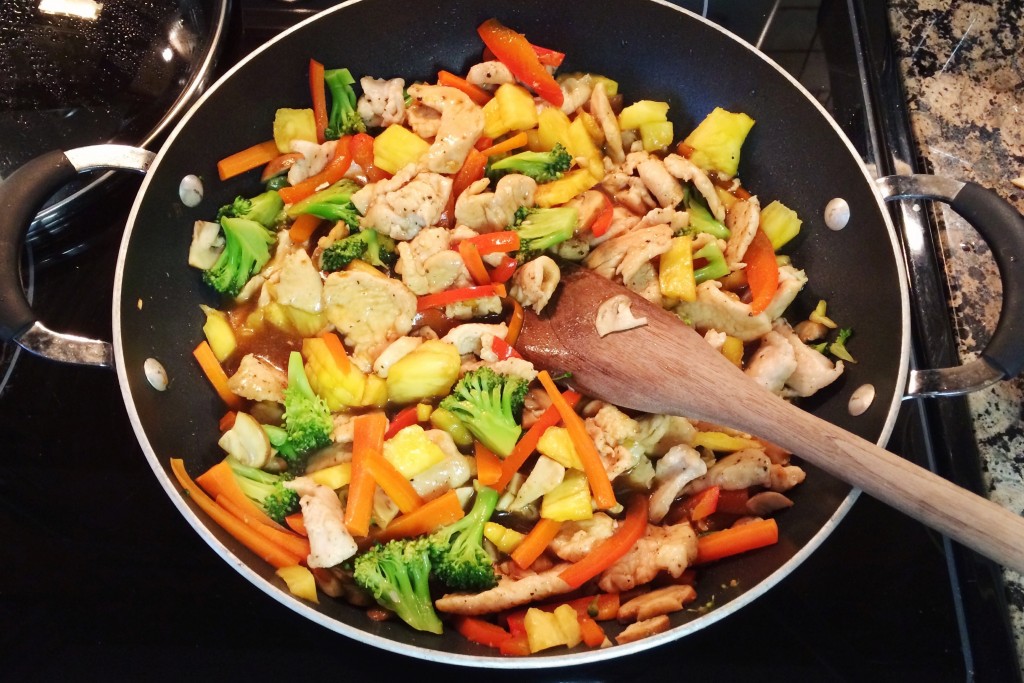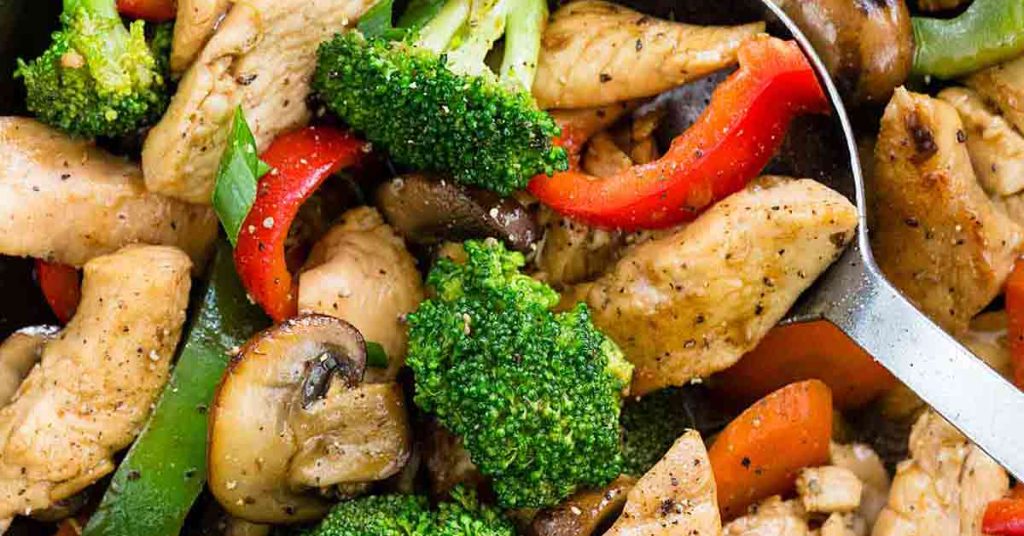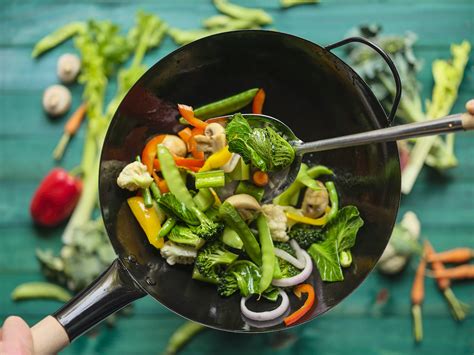In the hustle and bustle of modern life, we often overlook the quality of our diet. However, healthy cooking methods are key to enhancing the nutritional value of our meals. These methods not only make food more delicious but also help us absorb more nutrients, prevent diseases, and maintain vitality. Today, let’s delve into five scientific healthy cooking techniques that can transform each meal into a nourishing art form.
Choose Fresh Ingredients
The foundation of all great cooking lies in the quality of the ingredients. Fresh vegetables, fruits, meats, and seafood are rich in vitamins, minerals, and antioxidants, which are essential for maintaining good health. Whenever possible, opt for seasonal ingredients as they offer higher nutritional value and better taste. Additionally, avoid overly processed foods, which often contain excessive amounts of salt, sugar, and unhealthy fats.
Proper Cutting and Pre-treatment
The way you cut and pre-treat food can significantly affect its cooking outcome. For example, slicing can make food cook faster and retain more nutrients, while dicing can prevent food from becoming too mushy, preserving its texture. Pre-treatment methods such as marinating and soaking can enhance the flavor of the food. Additionally, blanching vegetables like spinach and broccoli before cooking can help retain their nutritional content.

Master Heat and Timing
Heat and cooking time are crucial factors in preserving the nutritional value of food. High heat and prolonged cooking can destroy vital nutrients, particularly vitamin C and B vitamins. Thus, methods like steaming, simmering, and baking at lower temperatures are recommended. These methods not only preserve the original taste of the food but also keep most of its nutrients intact. For meats, ensure internal temperatures are reached to eliminate harmful bacteria but avoid overcooking to prevent protein denaturation.
Skillful Use of Seasonings
Seasonings can elevate the taste of food and add nutritional benefits. For instance, olive oil is rich in monounsaturated fats, which are beneficial for heart health. Spices such as ginger, garlic, and pepper have antioxidant and anti-inflammatory properties. However, be cautious with salt and sugar consumption; excessive salt can lead to high blood pressure, and too much sugar can result in obesity and diabetes.

Innovative Cooking Techniques
Technological advancements have provided us with more options for healthy cooking. For example, pressure cookers can cook food quickly while preserving much of its nutritional content, and air fryers use hot air circulation to achieve a fried effect with less oil. Trying various cooking methods like steaming, baking, simmering, and mixing not only diversifies the dining experience but also encourages a healthy eating habit.
In conclusion, scientific cooking is a lifestyle choice that allows us to enjoy delicious meals while taking care of our health. By selecting fresh ingredients, proper cutting techniques, mastering heat and timing, skillful use of seasonings, and embracing innovative cooking methods, we can significantly improve the quality of our diet. Remember, a healthy life begins with healthy eating, and healthy eating starts with scientific cooking. Let’s start now, using wisdom and love, to cook up a better life for ourselves and our families.
Article information is for reference purposes only and does not constitute medical advice.

